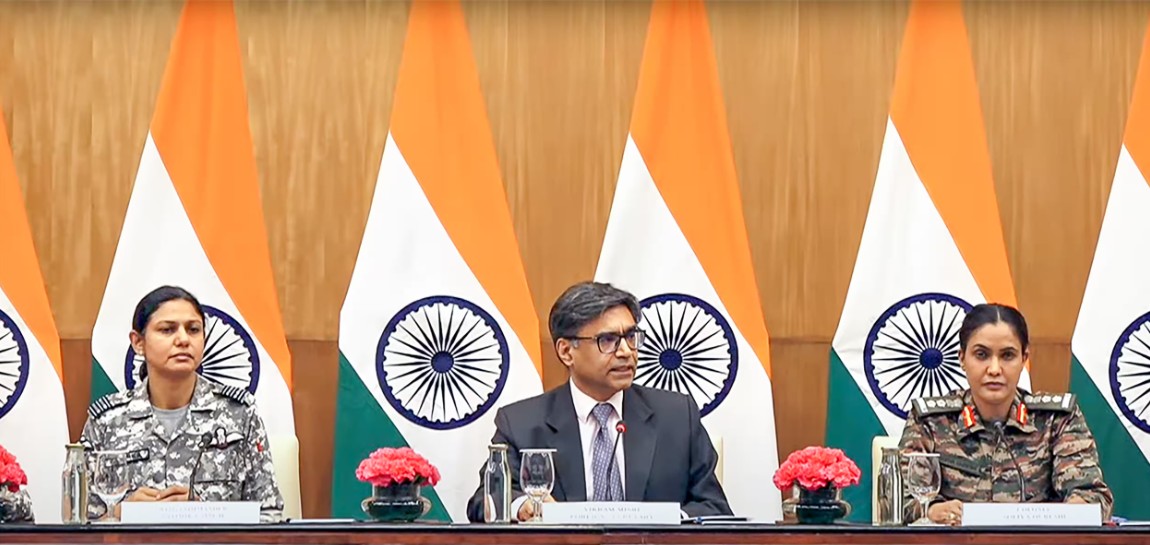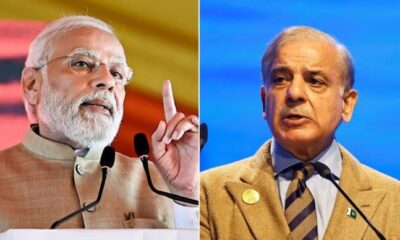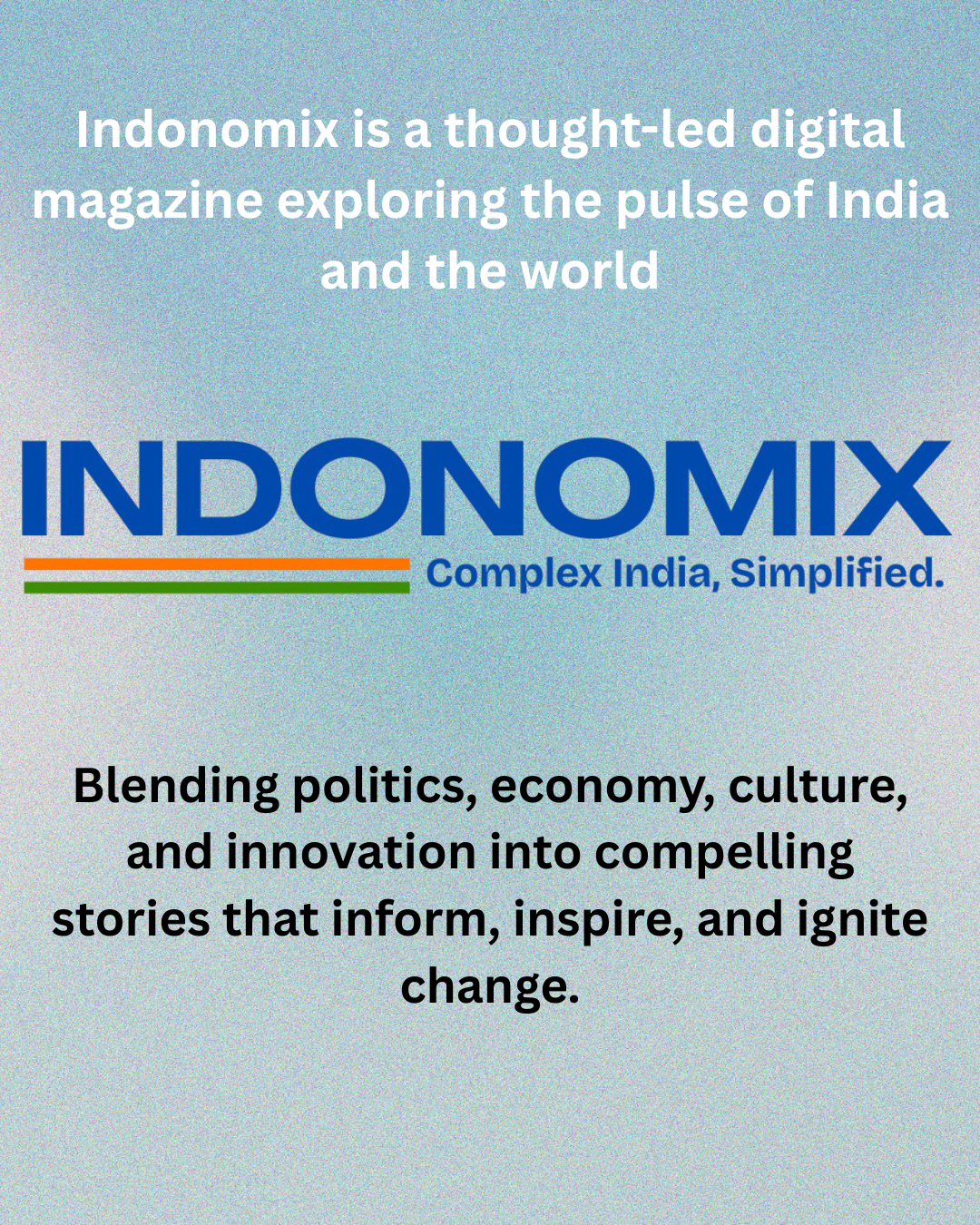You must have heard the story of the emperor who had a patchworker whose sole job was to mend the emperor’s lofty claims. Similarly, when Donald Trump was the first to announce the ceasefire between India and Pakistan, the Prime Minister’s supporters were burdened with the heavy task of patching things up.
As I mentioned in the morning, no healthy or decent person desires war. But when someone else jumps in and says “statue” after just two steps in the direction of war, it sends a confusing message to the public. The mere effort of having the Pakistani DGMO call first cannot be seen as a diplomatic victory for India. After Donald Trump, JD Vance, and Marco Rubio claimed to have brokered the ceasefire, S. Jaishankar’s clarification that the agreement came through direct talks between India and Pakistan holds little weight. Clearly, in the credit war, Donald Trump has walked away with the trophy.
Despite bombing several Indian territories, Pakistan continued to deny any attacks. It kept repeating lies — like claiming it had shot down five Indian fighter jets. The same team that showcased videos of Rahul Gandhi and Satpal Malik making baseless claims about Pulwama, in their press conference, also had the Pakistani Air Force Chief claim that Pulwama was an example of Pakistan’s “tactical brilliance.” In other words, Pakistan can brazenly lie from opposite ends of the spectrum — it can stand at a 180-degree angle and tell two contradictory lies at once. Their textbooks still teach that they won the 1965 war! With such a character, they are bound to lie again about this conflict too, since there is still no clear, tangible proof of their defeat.
The Indian government must be fully aware of why it took this decision, but as a student of mass communication, observing the public reaction makes it clear that even the most staunch BJP supporters have fallen into despair after hearing this news. And those who have, in some way, benefited from the BJP are now busy patching up the ceasefire narrative. However, the public is unlikely to trust these official patchworkers’ explanations.
In my opinion, the strongest decisions by the Indian government so far have been the cancellation of the Indus Waters Treaty and the declaration that any future terrorist act will be treated as an “act of war.” This signals a clear stance: should there be another terrorist attack, India will respond with strikes akin to “this time.” But that is a matter for the future. For now, we need to see what the terms of this ceasefire actually are. Until it becomes clear what India has gained from this agreement, weighing it on the scale of gain or loss would be premature.
By Rangnath Singh

 Tech6 days ago
Tech6 days ago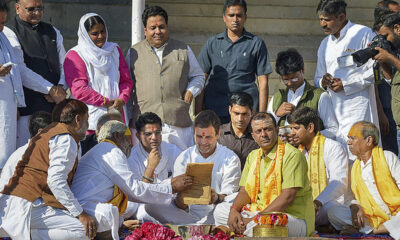
 Politics5 days ago
Politics5 days ago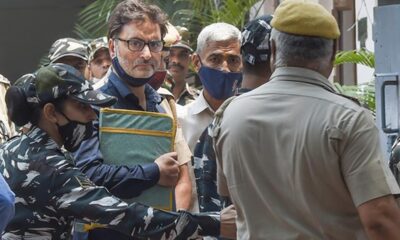
 Opinion5 days ago
Opinion5 days ago
 Business5 days ago
Business5 days ago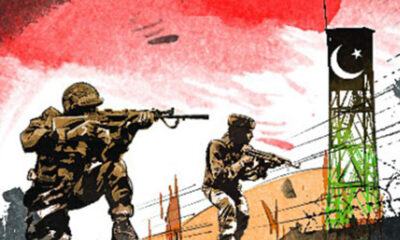
 Opinion4 days ago
Opinion4 days ago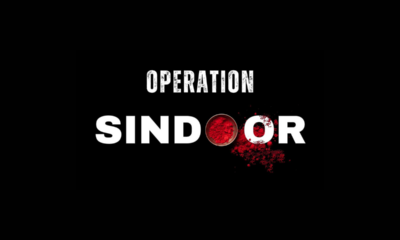
 News4 days ago
News4 days ago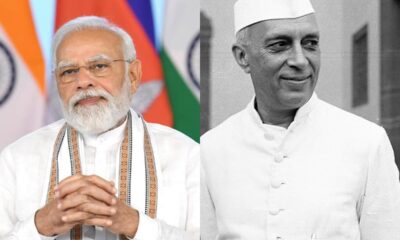
 Politics4 days ago
Politics4 days ago
 Tech5 days ago
Tech5 days ago
